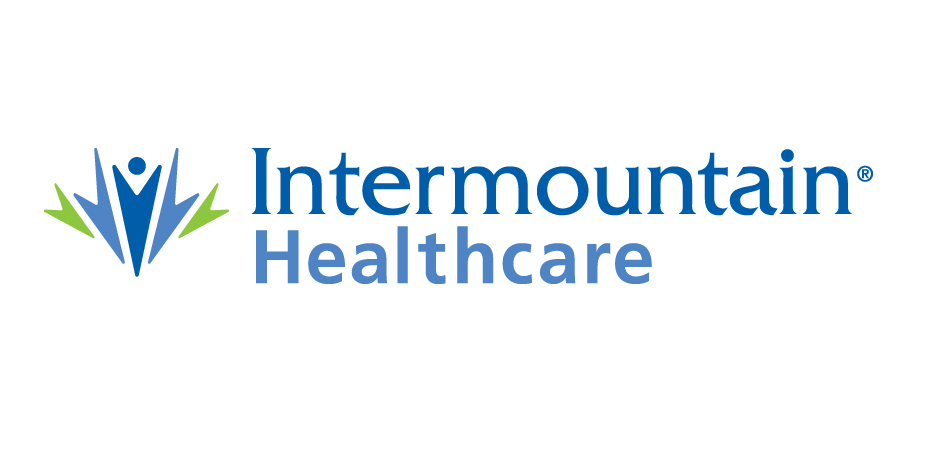
ASCO Issues Statement Calling for Streamlined Clinical Trial Requirements

ASCO has released a research statement outlining 4 recommendations to decentralize clinical trials and improve patient access to these studies.
The American Society of Clinical Oncology (ASCO) has published a research statement detailing 4 recommendations to improve accessibility of cancer clinical trials through decentralization.1,2
In the statement, the ASCO panel recommended that the FDA should, “engage the research community in a public-private partnership to develop uniform standards and optimal solutions to minimize regulatory and administrative burdens and enable local access to clinical trials.” The organization also recommended that trial sponsors and contract research organizations should develop study protocols to facilitate local trial participation, offer clarity regarding roles and requirements for decentralized studies, and promote regulatory data collection and documentation.1
The panel added that research centers, networks, and sites should examine and update policies and procedures to enable consistent data collection and documentation. In their final recommendation, the ASCO panel called on the research community to develop a uniform mechanism to simplify regulatory data collection and documentation that could be applied across studies.
“I have seen firsthand, patients participating in trials are required to drive 3 to 4 hours for routine testing that could be done at a community facility, but because they are participating in this potentially life-saving clinical trial, they have to bear the additional burden of travelling to a cancer center,” Ramya Thota, MBBS, FASCO, of Intermountain Medical Oncology in Murray, Utah, and a statement coauthor, stated in a news release.2 “This leads to needing childcare, time away from work, and many other issues, often causing patients, especially those in lower-income areas, to reject or drop out of trial participation.”
The recommendations build on a January 2024 call to action to advance patient-focused and decentralized clinical trials published in Cancer.3
To craft their recommendations, ASCO identified and selected task force members through their Research Committee and prior research initiatives. The panel included a patient research advocate, and clinical trial regulatory and operations subject matter experts including investigators and research administrators from academic and community-based centers, the National Cancer Institute, and trial sponsors.1
The panel was tasked with grasping the regulatory requirements that are associated with decentralized clinical trials and recommending solutions to minimize regulatory and administrative burdens that maintain regulatory intent, ultimately leading to local trial participation by patients.
The panel primarily discussed solutions that would address challenges to decentralized clinical trial design originating from FDA Form 1572, which was identified as a regulatory barrier in earlier research. They identified 3 fields in the form to be of concern: name and address of any medical school, hospital, or other research facility where the clinical investigation(s) will be conducted; name and address of any clinical laboratory facility to be used in the study; and names of subinvestigators.
ASCO argued that Form 1572 often reaches past the intent of the FDA, resulting in a snowball effect of administrative and regulatory responsibilities that consumes institution time and resources. Clinical trial investigators are required to sign Form 1572, thus agreeing to comply with FDA regulations and personally conduct or supervise the described clinical investigation, including any decentralized elements that are often conducted outside of their purview. Therefore, the investigators accept an increased level of liability when data is collected outside facilities where they do not have clinical privileges.
The panel identified 4 themes from their discussions regarding Form 1572: the form and its requirements are often misunderstood, improperly applied, and overused; misapplication of the form causes exponential downstream effects, burdens, and risks for investigators, research sites, and local providers; patient access to and participation in clinical trials is restricted; and adoption and implementation of decentralized clinical trial elements is likely impeded.
With each of their recommendations, the ASCO panel offered potential strategies to improve patient access to decentralized clinical trials. Specifically, the panel called for a distinction between protocol activities that are routine clinical care vs investigational, a clear justification of the inclusion of providers and/or facilities on Form 1572 that are beyond FDA guidance, and the simplification of investigator qualification requirements. Additionally, they advocated for the clarification of existing definitions and requirements, with case examples in mind, and the simplification of standards for local providers and facilities.
“A pivotal aspect of research is keeping it patient-centered,” Grzegorz S. Nowakowski, MD, a consultant in the Division of Hematology, Department of Internal Medicine, and the enterprise deputy director of clinical research, at the Mayo Clinic Comprehensive Cancer Center, in Rochester, Minnesota, and statement coauthor, added in the news release.2 “To keep it patient-centered, we need all patients to have access to trials, and these recommendations will move the community toward streamlined processes that enable decentralization.”
References
- Thota R, Hurley PA, Miller TM, et al. Improving access to patient-focused, decentralized clinical trials requires streamlined regulatory requirements: an ASCO research statement. J Clin Oncol. Published online July 30, 2024. Accessed August 12, 2024. doi:10.1200/JCO.24.00961
- ASCO calls to streamline decentralized clinical trial requirements. News release. ASCO. July 30, 2024. Accessed August 12, 2024. https://society.asco.org/about-asco/press-center/news-releases/asco-calls-streamline-decentralized-clinical-trial
- Harvey RD, Miller TM, Hurley PA, et al. A call to action to advance patient-focused and decentralized clinical trials. Cancer. 2024;130(8):1193-1203. doi:10.1002/cncr.35145




































